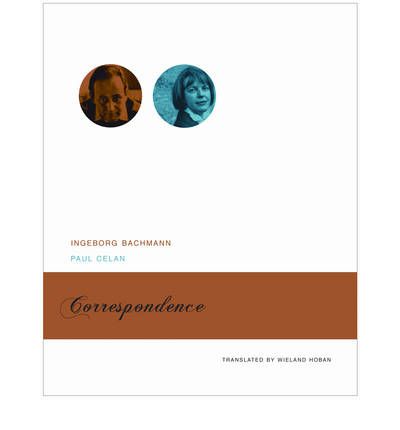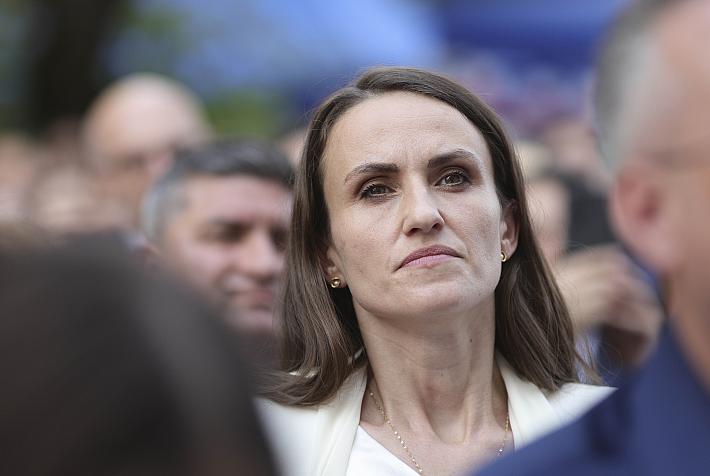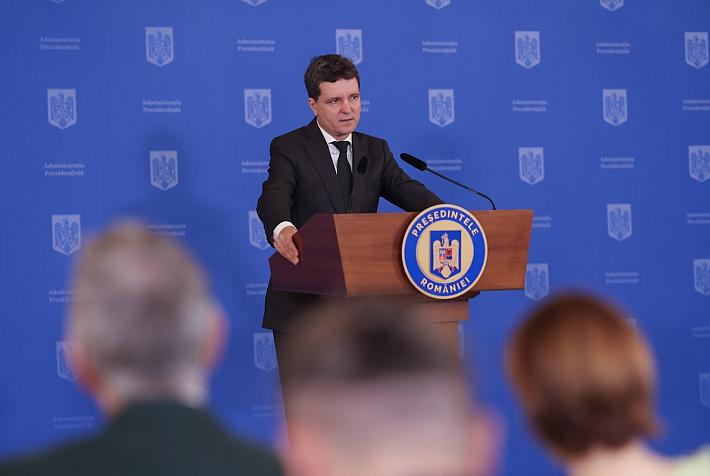Book Insider: Stepping into the poem- the Celan Bachmann Correspondence

 Poet, translator, essayist, and lecturer, influenced by French surrealism and symbolism, Celan was born in Romania, he lived in France, and wrote in German. His parents were killed in the Holocaust; the author himself escaped death by working in a Nazi labor camp. "Death is a Master from Germany", Celan's most quoted words, translated into English in different ways, are from the poem 'Todesfuge' (Death Fugue).
Poet, translator, essayist, and lecturer, influenced by French surrealism and symbolism, Celan was born in Romania, he lived in France, and wrote in German. His parents were killed in the Holocaust; the author himself escaped death by working in a Nazi labor camp. "Death is a Master from Germany", Celan's most quoted words, translated into English in different ways, are from the poem 'Todesfuge' (Death Fugue).
"A poem, as a manifestation of language and thus essentially dialogue, can be a message in a bottle, sent out in the – not always greatly hopeful – belief that somewhere and sometime it could was up on land, on heartland perhaps. Poems in this sense, too, are under way: they are making toward something."
Celan's parents spoke German at home and with his mother, Fritzi, Celan shared a passion for German poetry; especially the influence of the Romantic tradition from Novalis to Rilke is seen in his early verse. At the age of six, Celan entered a liberal, German-language elementary school and he was then sent to a Hebrew school, the Safah Ivriah. After his bar mitzvah in 1933, Celan joined an anti-Fascist youth group, which published a mimeographed Marxist magazine called Red Student.
Celan changed his name to Paul Aurel, then to Paul Ancel, and finally to Paul Celan. In Bucharest he worked as a translators and editor at an publishing company. In 1947 he went to Vienna and immigrated next year to Paris, where he became a teacher of German language at the Ecole Normale Supérieure. In 1952 Celan married the graphic artist Gisèle Lestrange, a non-Jew. They had met in Paris in 1951 and during the following 19 years they wrote over 700 letters. The correspondence, edited by their son Eric Celan, was published in 2002. Celan's and Ingeborg Bachmann's POETISCHE KORRESPONDENZEN appeared in 1997. Gisèle Celan-Lestrange knew about their love affair, but although it caused her much pain, she eventually accepted it.
Having studied and earned a doctorate in philosophy, Bachmann is considered by many critics as an important and influential writer of the post-war era. She, like Paul Celan and Nelly Sacks, are perhaps three of the most powerful voices to speak the crisis of language and of rational thought following the terrible events of world war II.
How do you make sense of a culture, a language that at one point was the culture and language of mass murderers? Bachmann joins a number of thinkers and writers who hoped, by means of philosophical thought and artistic creation, to find redemption and meaning in words themselves, the shards and fragments of human consciousness. They had lived through a dark time which affirmed that words can deceive and therefore, are not to be trusted; words are prescribed mythologies and ideologies and therefore always open to “suspicion”. “How can we trust words to represent truth? How can we trust words to represent anything at all when the gulf that exists between a word and a thing is beyond the hope of bridging? Words cannot articulate the horror, the atrocities and the human suffering of the millions who had perished. Words are now bereft of meaning. They fail”.
It seems only appropriate that the two contemporaries and masters of language were at one time lovers, and that they shared a lengthy, artful, and passionate correspondence. Collected here for the first time in English are their letters written between 1948 and 1961. Their correspondence forms a moving testimony of the discourse of love in the age after Auschwitz, with all the symptomatic disturbances and crises caused by their conflicting backgrounds and their hard-to-reconcile designs for living - as a woman, as a man, as writers. In addition to the almost two hundred letters, the volume includes an important exchange between Bachmann and Gisele Celan-Lestrange, as well as letters between Paul Celan and Swiss writer Max Frisch.
Correspondence, Ingebor Bachmann and Paul Cealan, Seagull Books, London-New York – Calcutta, 2010
romania-insider.com











